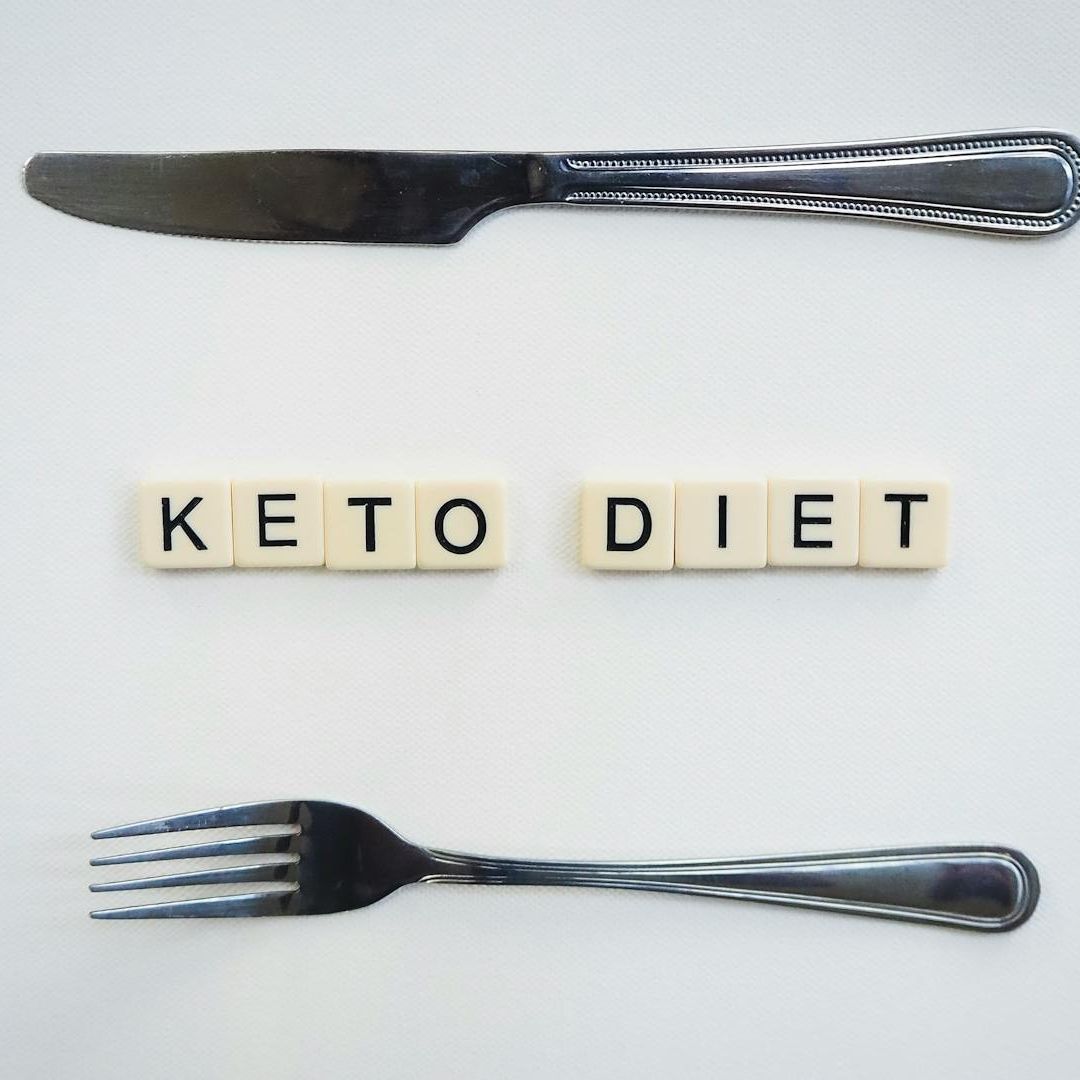The Ketogenic Diet: A Scientific and Quantitative Overview

The ketogenic diet, or keto diet, is a dietary regimen that aims to induce a metabolic state called ketosis, in which the body uses fat as its primary energy source rather than carbohydrates. This approach has gained popularity in recent years for its potential benefits in weight management, the management of certain medical conditions, and cognitive performance. This article analyzes the ketogenic diet from a scientific and quantitative perspective, exploring its physiology, benefits, risks, and clinical evidence.
What is the ketogenic diet and how does it work?
The ketogenic diet, also known as the keto diet, is based on a simple yet revolutionary idea: drastically reducing carbohydrate intake and increasing fat intake. This shift forces the body to enter a metabolic state called ketosis, in which the body uses fat as its primary energy source, rather than carbohydrates. In practical terms, macronutrients are distributed as follows: Fats: represent approximately 70-80% of daily calories. Proteins: are around 10-20%. Carbohydrates: are limited to 5-10%, usually no more than 20-50 grams per day. This dietary composition forces the body to deplete its glycogen reserves (the sugar stored in the muscles and liver) and produce ketone bodies, molecules resulting from the breakdown of fats that become the primary fuel for the brain and muscles.
Why follow a ketogenic diet?

The keto diet offers many benefits, supported by numerous scientific studies. Here are the main ones:
Effective weight loss
One of the main reasons many people turn to the ketogenic diet is its ability to promote significant weight loss. When the body uses fat for energy, it becomes a true fat-burning machine. Furthermore, this diet tends to reduce appetite, making it easier to eat less without feeling hungry. For example, one study showed that those following a ketogenic diet can lose 2-3% more weight than those following a low-fat diet over six months.
Better diabetes control

By reducing carbohydrates, blood sugar levels drop, helping those with type 2 diabetes better manage blood sugar and insulin resistance. Some patients have even been able to reduce or eliminate the use of hypoglycemic medications by following this diet for a year.
Benefits for the brain
Ketones are a clean and stable source of energy for the brain, which is why many people report improved concentration and mental clarity. Furthermore, the ketogenic diet has long been used to treat drug-resistant epilepsy, with excellent results, especially in children.
Improvement of some health markers
The keto diet can increase good cholesterol (HDL) and reduce triglycerides, thus improving cardiovascular health in many cases.
What to eat and what to avoid?

If you decide to follow the ketogenic diet, its important to know which foods to prioritize and which to avoid: Recommended foods: Healthy fats: Avocado, olive oil, butter, nuts, seeds, and coconut oil. Proteins: Fish (such as salmon and mackerel), meat, eggs, and tofu. Low-carb vegetables: Spinach, zucchini, broccoli, and cauliflower. Foods to avoid: Sugars and sweets. Grains (such as bread, pasta, and rice). Legumes (chickpeas, beans, lentils). Sugar-rich fruits, such as bananas and grapes. To maintain nutritional balance, it may be helpful to supplement with fiber and minerals such as magnesium and potassium, which are often depleted due to the elimination of many traditional food sources.
What are the risks and contraindications?
Despite its benefits, the ketogenic diet is not without risks and is not suitable for everyone. Here are some things to consider:
Nutritional imbalances
Eliminating entire food groups can lead to fiber, vitamin, and mineral deficiencies. Its important to plan your meals carefully to avoid long-term problems.
Cardiovascular risks
If you dont choose healthy fat sources, consuming too much saturated fat could increase your risk of heart disease.
Medical contraindications
The ketogenic diet is not recommended for those with kidney or liver disease or rare metabolic disorders. Pregnant or breastfeeding women should also avoid it.
What does science say?

Recent studies confirm many of the benefits of the ketogenic diet. For example, a 2021 meta-analysis found that those following a keto diet lost an average of 8.5 kg in six months, compared to 5.3 kg for those following a low-calorie diet. A 2020 review showed that in patients with type 2 diabetes, the ketogenic diet led to a significant reduction in glycated hemoglobin (a marker of glycemic control).
Ketogenic Diet and Multiple Health Outcomes: An Umbrella Review of Meta-Analyses
This 2023 study examined 23 meta-analyses to assess the effects of the ketogenic diet on various health outcomes. The results indicate that the diet can increase LDL, total, and HDL cholesterol levels, as well as reduce body weight when combined with physical activity.
www.mdpi.comVery low-calorie ketogenic diet (VLCKD): indications and efficacy in the treatment of obesity
Published in 2020, this article discusses the effectiveness of VLCKD in treating obesity, highlighting benefits such as reduced hunger, maintenance of muscle mass, and decreased inflammation.
link.springer.comKetogenic, an excellent strategy for type 2 diabetes
A systematic review and meta-analysis highlighting the ketogenic diet as an effective treatment strategy for type 2 diabetes, improving glycemic and lipid control.
www.lanutrizione.itThe ketogenic diet: optimistic evidence and the need for further quality research
This article discusses the use of the ketogenic diet in the treatment of diabetes, highlighting the need for further research to confirm its benefits and assess its potential risks.
aemmedi.itConclusions
These studies provide an overview of the scientific evidence regarding the ketogenic diet and its effects on various health conditions. The ketogenic diet is much more than a fad: it is a nutritional approach with solid scientific foundations and significant potential to improve health and well-being. However, it is not a one-size-fits-all solution and requires careful planning to be sustainable and safe. If you decide to try it, the most important advice is to listen to your body and, if necessary, consult a nutritionist or doctor to tailor it to your personal needs. A mindful approach is always the key to success!

gourmet
Data di inserimento 22 nov 2024
Report article


Comments
There are no comments yet.